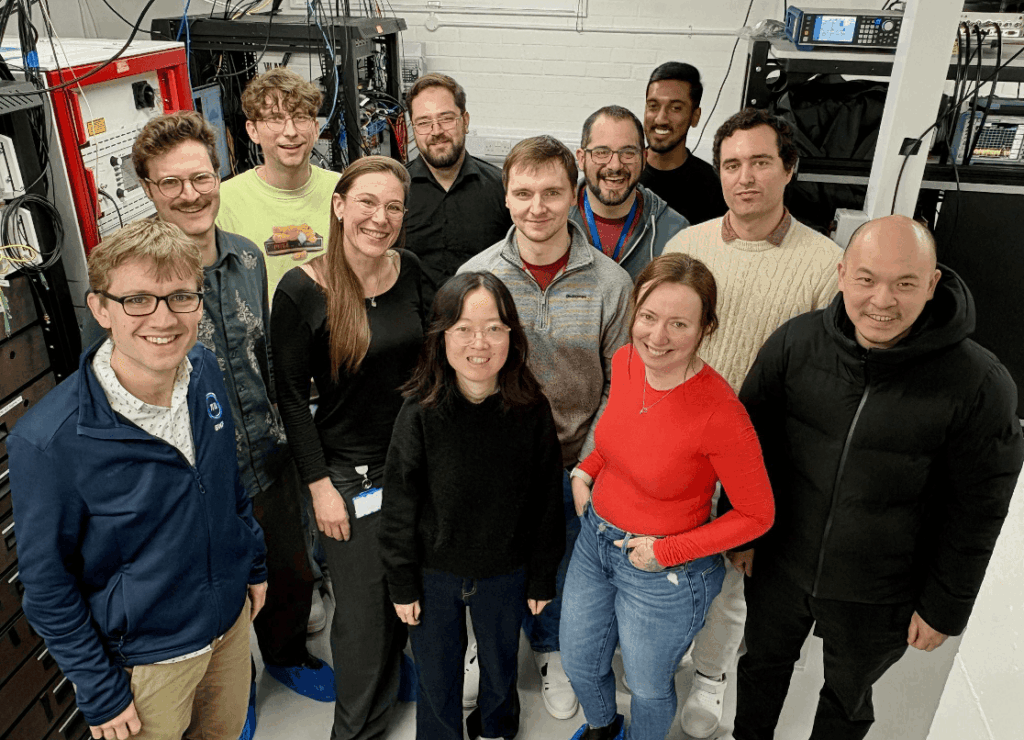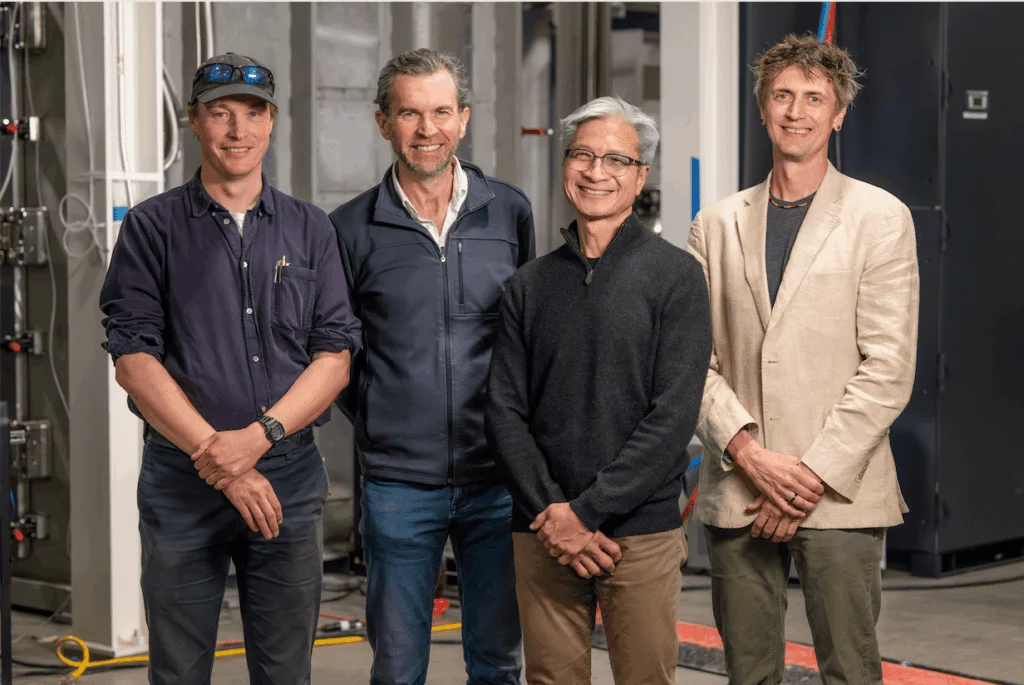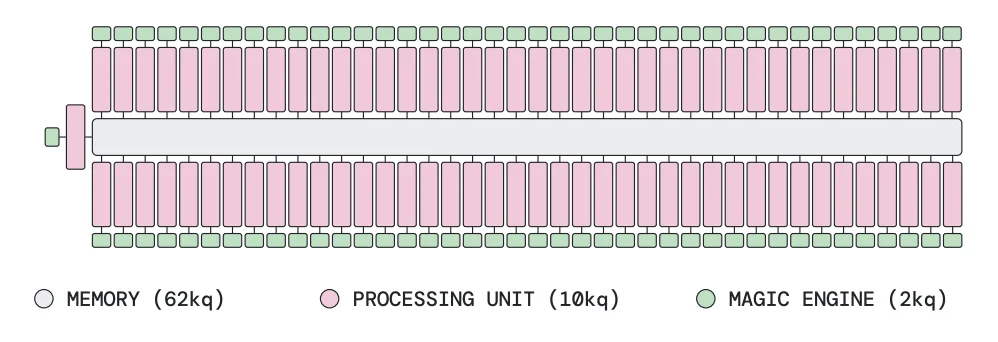
A Tale of Two Cities
Sometimes — like in the famous Charles Dickens novel — quantum computing is a tale of two cities, though by that I don’t mean Paris and London, but rather two cities that share the same name, i.e. Cambridge, UK and Cambridge, Massachusetts.
For one, they share common and valued traits: First of all they’re both architecturally pleasing on the eye; the second — and this is probably the most important one — they’re the birthplace to three world-class universities. In the case of the British Cambridge, it’s the home to the University of Cambridge; while Cambridge, Massachusetts is the setting for Harvard University, a top Ivy League establishment, and the Massachusetts Institute of Technology (MIT), arguably the preeminent science, engineering, mathematics, and technology higher place of learning on the planet.
The geographical locations and intellectual hotspots have to have played some part at least in the two towns becoming quantum tech centres — not only in the quantum research being done by the said universities but for the five quantum startups that were founded in the two Cambridges as well.
TQD will now list them in, as usual, alphabetical order, giving no preference to location, founders or technological clout.

If you want to learn more, we’ve compiled the most comprehensive list of the top quantum computing companies available!
1.Cambridge Quantum Computing (CQC)
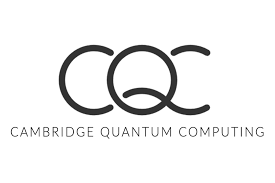
Already featured several times in TQD, Cambridge Quantum Computing (CQC) is a UK-based startup founded in 2014 in Cambridge (with offices in London) by Ilias Khan. CQC’s proprietary IP is the operating system called (t|ket>), which incorporates a suite of quantum algorithms for applications and programs.
Concentrating its efforts in the areas of quantum computational chemistry, quantum machine learning (QML), quantum cybersecurity, and quantum finance, CQC is one of the most innovative players in the industry and is very rarely out of the headlines.
Visit company’s profile page.
2.Labber Quantum

Acquired by the American manufacturer of electronics test, measurement equipment and software Keysight Technologies in 2020, Labber Quantum was founded in Cambridge, Massachusetts in 2015 by Simon Gustavsson.
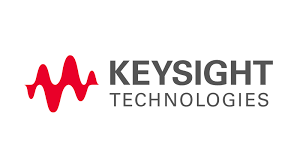
Now part of Keysight Technologies’ Labber software that offers a complete, easy-to-use solution for instrument control and lab automation, the service’s interface is a conduit between the quantum devices and the classical electronics needed for control and manipulation.
Visit company’s profile page.
3.Qabacus
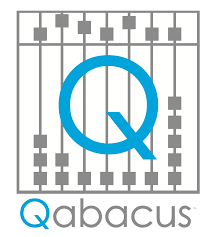
Qabacus was set up in 2019 by Umit Sami and is located in Cambridge, Massachusetts. Initially known as Memcus Inc, the startup is a cybersecurity and cyber insurance startup with several experienced PhD-level professional team members and collaborators with expertise in the quantum sciences, semiconductor engineering, and software engineering who are building out a state-of-the-art cyber-security software stack. One advantage the Qabacus team has is that it conducts its hardware research at DoE National Labs and Harvard University, which can only add value to the startup’s research but attraction to investors, too.
Visit company’s profile page.
4.QSimulate
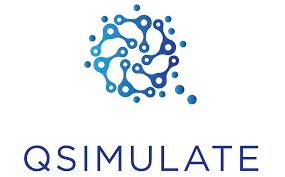
Founded in 2018 by Toru Shiozaki and Garnet Chan, QSimulate has offices in Cambridge, Massachusetts, Berkeley, California and Ghent, Belgium. Offering a unique technology that is cloud-based, its time-to-solution simulation platform automates the workflow for the chemical and pharmaceutical industries. Amazingly, QSimulate’s proprietary QSimulate-QM program has attained “high-accuracy quantum mechanical (QM) simulations of thousands of atoms with realistic turnaround time and costs (~30 minutes and $10)”.
The startup can also boast a number of high-profile partnerships, such as with Google AI Quantum Lab, the Amazon Quantum Solutions Lab, 1Qbit, Rahko, Rigetti Computing, QCWare, Xanadu, and Zapata Computing.
Visit company’s profile page.
5.Riverlane

Pioneering the realm of quantum software, Riverlane was founded in 2016 by Steve Brierley and is located in Cambridge, UK. Designing and developing software that transforms quantum computers from the laboratory to commercially viable products, the startup is heading a consortium to build a new operating system for quantum computers called Deltaflow.OS.
Visit company’s profile page.
Have we missed any out or got something wrong? If so, don’t hesitate to contact us at hello@thequantuminsider.com.
The Quantum Insider (TQI)

If you want to find out what’s new in the Industry, check out our latest quantum news.













